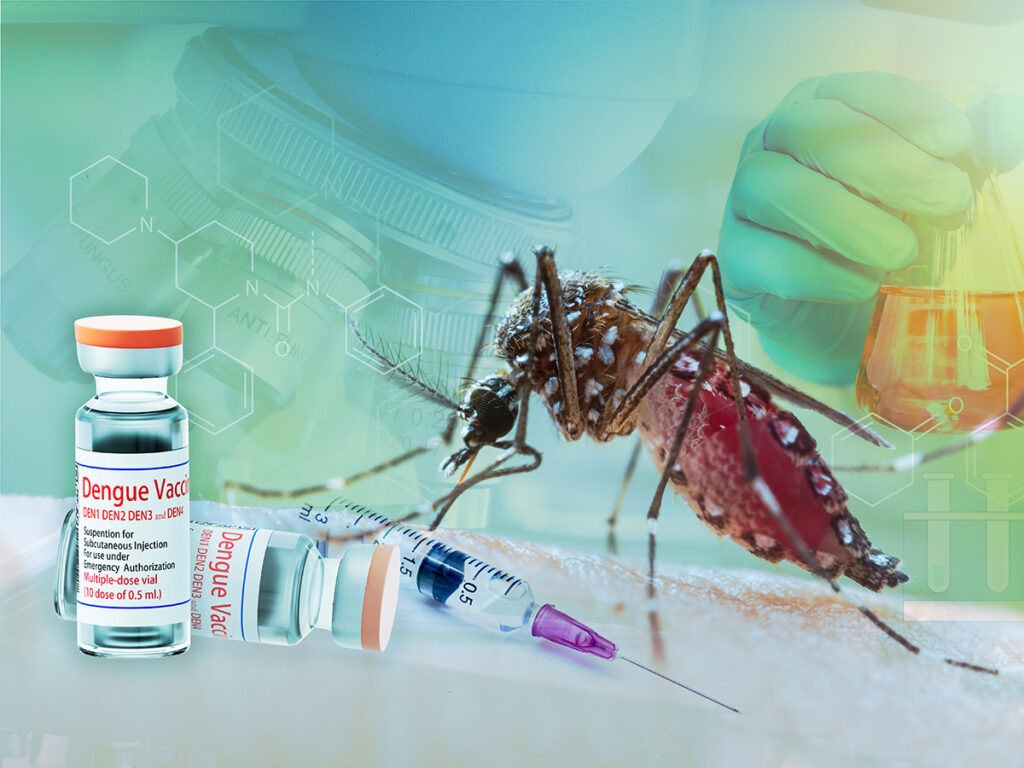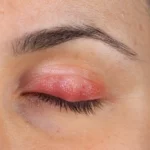Dengue fever, a mosquito-borne viral infection, poses a significant public health challenge in tropical and subtropical regions worldwide. The development and deployment of effective dengue vaccines are crucial components in combating this disease. This article provides an in-depth analysis of dengue vaccination, encompassing available vaccines, their efficacy, recommended usage, and the broader implications for global health.

Understanding Dengue Fever
Dengue fever is caused by the dengue virus, which has four distinct serotypes: DENV-1, DENV-2, DENV-3, and DENV-4. Transmission occurs primarily through the bite of infected Aedes mosquitoes, notably Aedes aegypti and Aedes albopictus. Symptoms range from mild febrile illness to severe manifestations such as dengue hemorrhagic fever and dengue shock syndrome, which can be fatal.
Available Dengue Vaccines
Dengvaxia (CYD-TDV)
Developed by Sanofi Pasteur, Dengvaxia is a live attenuated tetravalent vaccine. It has been approved in several countries and is recommended for individuals aged 9 through 16 years who have had laboratory-confirmed previous dengue infection and reside in endemic areas. The vaccination schedule consists of three doses administered at 0, 6, and 12 months. Notably, Dengvaxia is contraindicated in individuals without prior dengue infection due to an increased risk of severe dengue upon subsequent infection.
Qdenga (TAK-003)
Produced by Takeda Pharmaceutical Company, Qdenga is a live attenuated vaccine containing all four dengue virus serotypes. It is approved for use in individuals aged 4 years and older, regardless of previous dengue exposure. The vaccine is administered in a two-dose schedule, with the second dose given three months after the first. Clinical trials have demonstrated an overall efficacy of approximately 80.2% in preventing symptomatic dengue and a 90.4% reduction in hospitalization rates.
Efficacy and Safety Considerations
The efficacy of dengue vaccines varies based on factors such as prior dengue exposure, age, and serotype. Dengvaxia has shown higher efficacy in individuals with previous dengue infection, while Qdenga offers broader protection across different populations. Safety profiles indicate that both vaccines are generally well-tolerated, with common side effects including injection site reactions, headache, and mild fever. However, careful screening for prior dengue infection is essential when administering Dengvaxia to mitigate the risk of severe outcomes in seronegative individuals.
Recommendations for Vaccine Use
The World Health Organization (WHO) recommends that countries consider introducing dengue vaccines in regions with high transmission intensity. For Dengvaxia, pre-vaccination screening is advised to ensure recipients have had a prior dengue infection. In contrast, Qdenga can be administered without such screening, making it a more versatile option in diverse settings. National health authorities should tailor vaccination strategies to local epidemiology, resource availability, and healthcare infrastructure.
Global Impact and Future Directions
The introduction of dengue vaccines marks a significant advancement in public health efforts to control the disease. Vaccination, combined with traditional vector control measures, has the potential to substantially reduce dengue incidence and associated morbidity and mortality. Ongoing research aims to develop next-generation vaccines with improved efficacy across all serotypes and in various demographic groups. Additionally, integrating vaccination programs with robust surveillance systems will be crucial in monitoring vaccine impact and guiding policy decisions.

